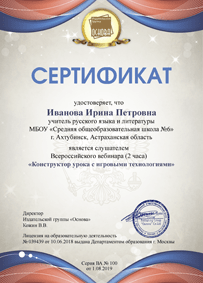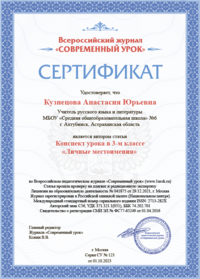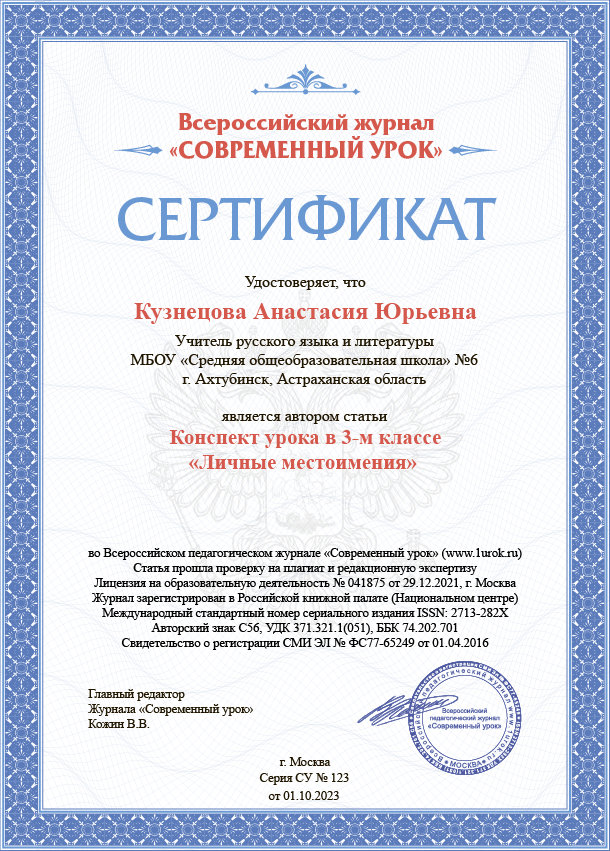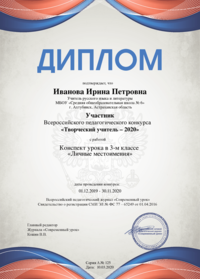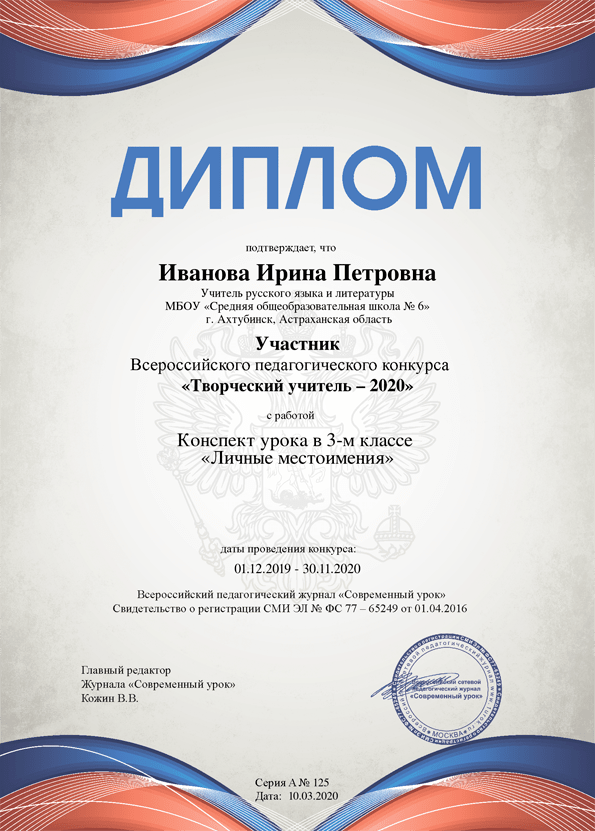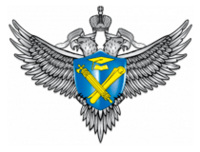Технологическая карта урока в 6 классе по теме «Свободное время. Хобби. Досуг»
Автор: Митрошкина Елена Владимировна
Организация: МБОУ «Большеаксинская СОШ» Дрожжановского м. р-на
Населенный пункт: Республика Татарстан, село Большая Акса
Вид урока: урок введения и практики употребления языкового материала, совершенствования речевых навыков.
Цели урока: формирование языковой компетенции
по теме «Досуг. Свободное время»
Задачи:
Образовательные: создать условия для закрепления и контроля знаний учащихся, совершенствования навыка аудирования и речевых умений говорения в диалогической и монологической речи по теме «Мое свободное время и мой досуг.»
Развивающие: развивать умение систематизировать полученные знания и применять их на практике, закрепить грамматические навыки в использовании в речи структур в Present Simple, наречий частотности (adverbs of frequency every weekend , every week always, usually, often, sometimes, rarely, never), фраз love/don’t like/hate+V-ing; развивать память, речь и мышление
Воспитательные: формировать устойчивую учебно-познавательную мотивацию к изучению английского языка, культуру общения с собеседником, воспитывать толерантное отношение к иноязычной культуре
Методические принципы: Принцип коммуникативной направленности Принцип комплексной реализации целей Принцип личностного общения Принцип коллективного взаимодействия Принцип учёта родного языка
Дидактические принципы: принцип сознательности, активности, самостоятельности при руководящей роли учителя;
принцип систематичности и последовательности; принцип наглядности; принцип доступности и посильности; принцип учета возрастных особенностей обучающихся ;
Грамматический материал:
Введение и отработка наречий частотности в предложениях с формой настоящего простого временной формой
Plan of the lesson
|
№ |
Teacher’s action |
Children’s action |
Time |
|
1.Org. moment |
- Good morning, my dear friends. I’m glad to see you. - How are you? - I am super. We will have an unusual part of the lesson today because we have lot of guests today. Say them good morning, dear teachers. - Now look at each other, smile to each other , please? And say good luck!
|
- Good morning, Elena Vladimirovna. We are gla to see you ,too. - We are fine. Thank you. And you? - Good morning, dear teachers. Nice to meet you .
Good luck!
|
|
|
2. Motivation. |
- Sit down. Let’s start our lesson. Look at the screen; try to guess what we will speak about.
|
|
|
|
|
To be interested in To be keen on To be fond of To be mad about To be good at To be bad at
|
|
|
|
3. Dialogue |
|
|
|
|
4. Grammar |
Pay your attention to the words after lessons, every day , in summer |
1)He always plays football after lessons. 2) I can often go to school by car. 3)We are never late for school. 4)When do you usually do your homework every day?
В утвердительных предложениях наречия времени между подлежащим и сказуемым ( глаголом), перед глаголом, в отрицательных и вопросительных предложениях, где имеется вспомогательный глагол , наречие находится после вспомогательного глагола, но перед глаголом-сказуемым.
|
|
|
|
|
|
|
|
5. Reading a text |
|
|
|
|
6 .About themselves (монолог) |
- Our friends told us about themselves. Let’s tell them about us. - Look at the plan of your story and tell us about yourself |
|
|
|
7. Homework |
Home exercise. Look at the number What can you say about this number? You have to make stories about hobbies, about favorite actions of members of your family. The plan you will have in your electronic journal. |
|
|
|
|
|
|
|
|
8. Listening If we have time for it. |
Now I would like you to take your workbooks. Open them on the page 37. |
|
|
|
|
|
|
|
|
9. Reflexing |
Stand up, my dear friends. You were excellent today. That’s why say your partner thank you.
|
|
|
|
10. Good buy! |
Good buy! |
|
|

